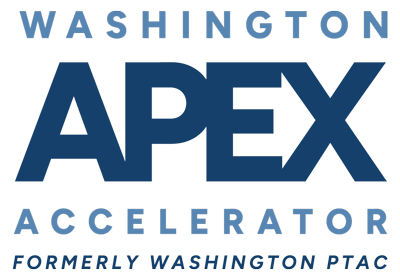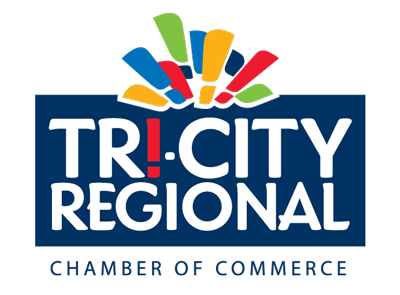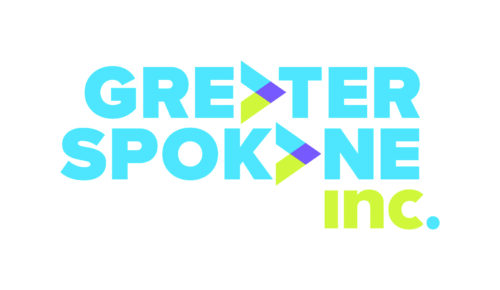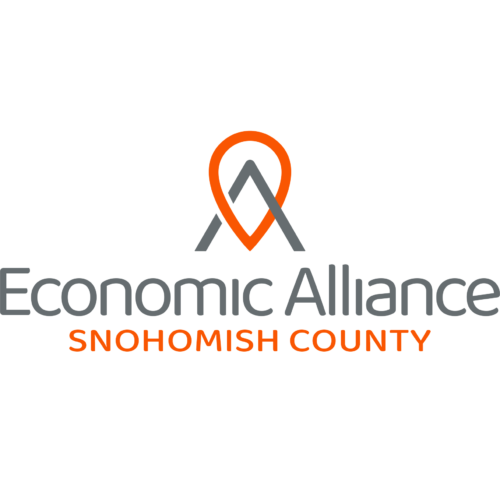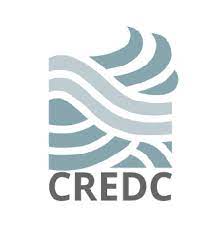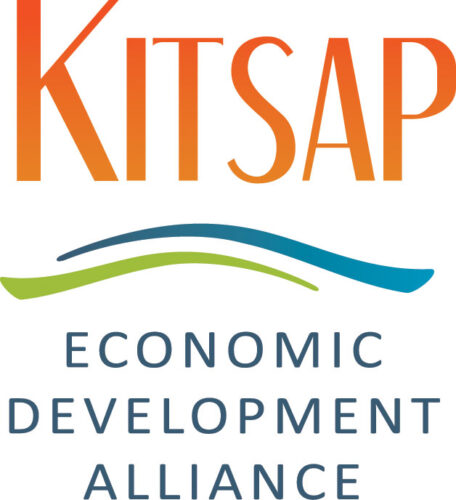At long last, the Department of Defense (“DoD”) has provided its interim rule, published in the Federal Register on September 29, 2020, amending the Defense Federal Acquisition Regulation Supplement (“DFARS”) to set forth requirements for the Cybersecurity Maturity Model Certification (“CMMC”) program, as well as new requirements for a “NIST SP 800-171 DoD Assessment Methodology.” The interim rule is effective November 30, 2020, and comments to the interim rule should be submitted by November 30 as well. Continue reading for our breakdown of key provisions.
NIST SP 800-171 DoD Assessment Methodology
For contractors already required to comply with NIST SP 800-171, per DFARS 252.204-7012, DoD now is going to hold those contractors accountable, instituting an assessment and reporting system to verify compliance before new contracts can be awarded. While the new requirement is for information to be provided prior to contract award, DoD encourages affected contractors to begin their self-assessments immediately.
The Assessment Methodology will include three assessment levels: (1) Basic, (2) Medium, and (3) High. The Basic Assessment will be a self-assessment completed by the contractor prior to contract award, while the Medium and High Assessments are available options for DoD to complete after award. DoD estimates it will conduct 200 Medium Assessments and 110 High Assessments each year. Additional information regarding DoD assessments is available here.
There is a specific scoring methodology to be followed for the Assessment. A contractor that has fully implemented all 110 NIST SP 800-171 controls will have a score of “110.” It goes without saying that contractors will need to be careful here – an inaccurate report could subject a company to exposure under the False Claims Act.
Assessments will be valid for three years unless there are issues requiring a reassessment sooner. The newly-announced Assessment Methodology appears to be an immediate solution to provide DoD some peace of mind on contractor data security until the CMMC program can be fully implemented.
Cybersecurity Maturity Model Certification (CMMC) Framework
The description of CMMC in the interim rule largely is consistent with information DoD previously has shared (see our prior articles here and here for more information). Notably, CMMC will not be required for procurements solely for Commercially Available Off-the-Shelf (“COTS”) items or procurements at or below the micro-purchase threshold.
The interim rule solidifies the timing associated with implementation of CMMC, clarifying that CMMC requirements may be included in solicitations and contracts through September 30, 2025 only where approved by the Office of the Under Secretary of Defense for Acquisition and Sustainment (“OUSD (A&S)”). On or after October 1, 2025, CMMC will apply to all DoD solicitations and contracts (excluding solely COTS procurements and procurements at or below the micro-purchase threshold).
A contractor may seek CMMC certification for the entirety of its enterprise network, or for a particular section of its network. The certification must be in place prior to contract award (rather than at the time of proposal submission or after award), and will be valid for three years.
The interim rule specifies at a high level the procedure to be followed should a contractor dispute its CMMC third party assessment organization (“C3PAO”) assessment, which includes submitting a dispute adjudication request to the CMMC-Accreditation Body (“CMMC-AB”).
DoD anticipates a total of 220,966 prime contractors and subcontractors will require CMMC certification, with 163,391 of these companies estimated to be small businesses. The rollout plan for CMMC with respect to the number of small entities to be certified at each CMMC level per year is set forth in the following table in the interim rule:
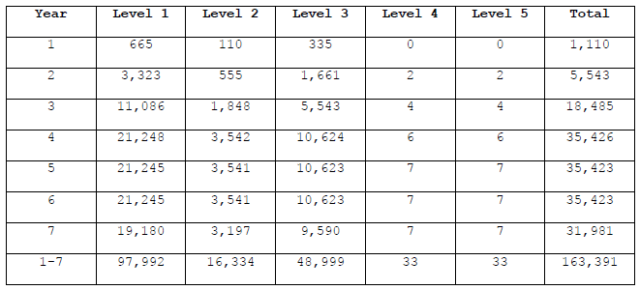
New DFARS Clauses
The interim rule also introduces three new DFARS clauses:
- DFARS 252.204-7019, Notice of NIST SP 800-171 DoD Assessment Requirements – This clause provides the requirement for an assessment to be completed prior to contract award where the offeror is required to implement NIST SP 800-171 (relating to protection of Controlled Unclassified Information (“CUI”)). It includes a requirement for an offeror to verify that its Assessment scores are timely and posted in the Supplier Performance Risk System (“SPRS”). An offeror may complete and submit information on its Basic Assessment via webptsmh@navy.mil if not already posted in SPRS. Specific information to be provided, including a description of the System Security Plan, dates by which the offeror expects to implement incomplete controls, and the offeror’s summary level score (up to 110), is included in the clause. Scores are to be posted within 30 days. The clause is required in all solicitations except for procurement of COTS items.
- DFARS 252.204-7020, NIST SP 800-171 DoD Assessment Requirements – This clause includes the DoD Assessment requirements for contractors. It specifies that a Basic Assessment conducted by the contractor “[r]esults in a confidence level of ‘Low’ in the resulting score, because it is a self-generated score.” Where DoD elects to conduct a Medium or High Assessment, the contractor must provide DoD with access to its facilities, systems, and personnel. The contractor will have an opportunity to rebut DoD’s assessment scores, and will have 14 business days to provide additional information. Authorized contractor representatives will be able to access SPRS and view the contractor’s scores in accordance with DoD guidance here. The clause is required in all solicitations and contracts except for procurements of COTS items. The clause is to be flowed down to subcontractors (except in subcontracts for COTS items), and the prime contractor is responsible for verifying that its subcontractors have a reported Assessment in the SPRS prior to subcontract award.
- DFARS 252.204-7021, Contractor Compliance with the Cybersecurity Maturity Model Certification Level Requirement – This clause describes requirements for DoD’s new CMMC program. The clause is required in all solicitations and contracts, except for procurements of COTS items, where the requirement document or statement of work requires a specific CMMC level. Prior to October 1, 2025, the Under Secretary of Defense for Acquisition and Sustainment must approve use of the clause. The clause is to be flowed down to subcontractors (except in subcontracts for COTS items), and the prime contractor is responsible for verifying that its subcontractors have a reported CMMC certificate in the SPRS prior to subcontract award.
* * * *
Results of the NIST SP 800-171 DoD Assessments and CMMC certifications will be reported and maintained in the SPRS (information available here). Contracting Officers will be required to check SPRS and verify information on the contractor’s assessment or CMMC status prior to contract award or prior to exercising an option period or extending a contract period of performance.
DoD specifically is seeking comment on how the interim rule will affect small businesses and on the requirement for CMMC certification at the time of contract award. Comments on the interim rule are due by November 30, 2020.
Syndicated from Sheppard Mullin

